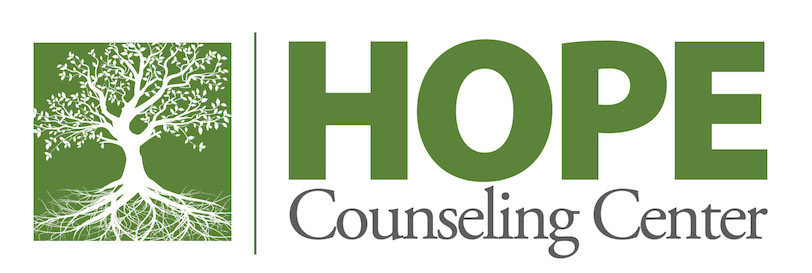Trauma
Trauma is the experience of terror, loss of control, or helplessness during a stressful event that threatens a person's physical or psychological well-being. The trauma event lives in the past, but its impact sends waves of destruction that feel as if they overshadow our present and threaten to darken the horizon of our future. A person can experience physical after effects and psychological impact.
We must learn to put our past within a proper context. We can't let our past have its way with us. What source of truth will you use to guide the way you think about your past? Scripture speaks of these traumas as being sinned against.
Psalm 6 displays the cry of a person who feels weary, exhausted from crying, grief stricken, brokenness, thoughts of dying, aloneness, abandonment, fear, and sorrow. It is a vivid Psalm and often maps onto the emotions of someone who has experienced trauma.
“I am weary with my moaning; every night I flood my bed with tears; I drench my couch with my weeping. My eye wastes away because of grief; it grows weak because of all my foes.”
Time doesn't always heal all wounds. We must face the reality of our experience and admit that it has taken something from us.
